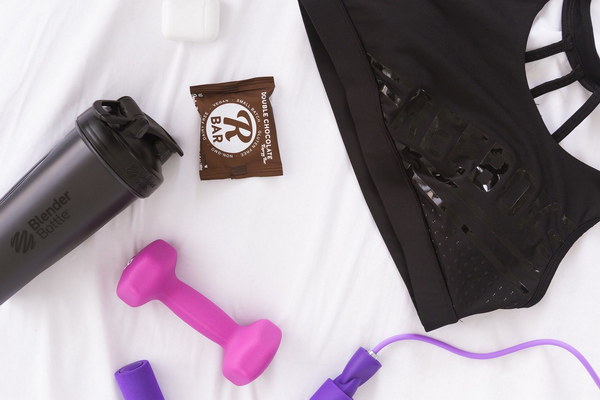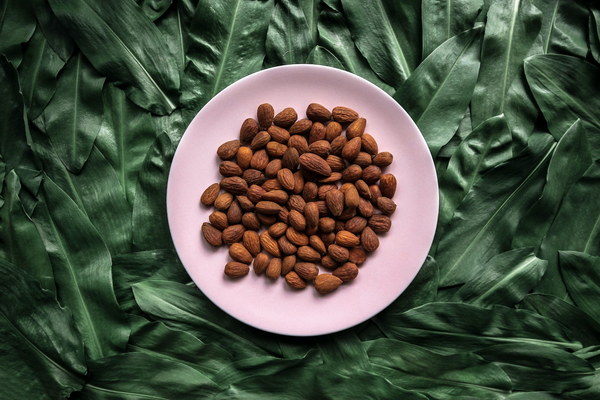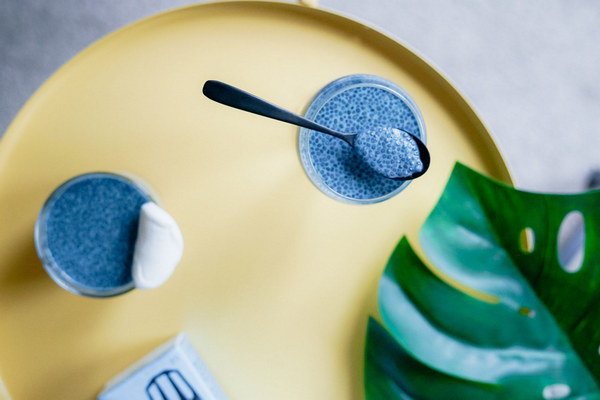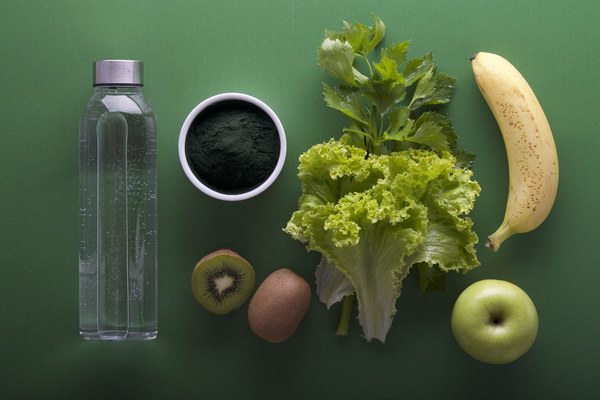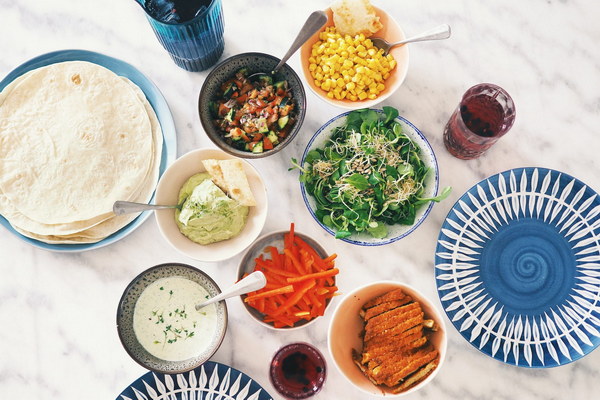The liver-friendly approach How to indulge in seafood and meat without overloading your liver
Introduction:
The liver is a vital organ responsible for filtering toxins, producing bile, and metabolizing nutrients. It plays a crucial role in maintaining overall health, and therefore, it is essential to take good care of it. One of the most common concerns when it comes to liver health is the intake of certain foods, especially those high in fats and proteins, like fish and meat. However, you don't have to avoid these delicious foods entirely. By adopting a liver-friendly approach, you can indulge in them while still protecting your liver. This article will guide you on how to balance your diet and enjoy the benefits of seafood and meat without overloading your liver.
1. Choose Lean Proteins:
When it comes to meat, opt for lean cuts to minimize the load on your liver. Lean proteins such as chicken breast, turkey, and lean beef are lower in saturated fats and easier for your liver to process. Lean proteins also provide essential amino acids that support liver function.
2. Incorporate Seafood Wisely:
Seafood is an excellent source of omega-3 fatty acids, which are beneficial for liver health. However, it is essential to consume seafood in moderation and choose the right types. Shellfish, such as shrimp, lobster, and scallops, are lower in fat and can be consumed occasionally. Fish like salmon, mackerel, and sardines are rich in omega-3s but should be consumed in moderation due to their high mercury content.
3. Balance Your Diet:
To maintain liver health, it is crucial to balance your overall diet. Incorporate a variety of fruits, vegetables, whole grains, and legumes into your meals. These foods provide essential vitamins, minerals, and antioxidants that help protect the liver from oxidative stress and inflammation.
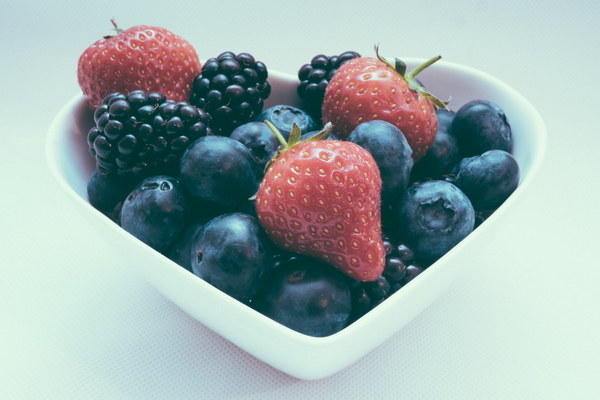
4. Control Portion Sizes:
Overeating can put extra strain on your liver. To prevent this, control your portion sizes and avoid overindulging in high-fat and high-protein foods. Remember, it's not just the types of food you consume but also the quantity that matters.
5. Cook Seafood and Meat Properly:
Cooking methods can impact the nutritional value and digestibility of seafood and meat. Opt for healthier cooking methods such as grilling, baking, or steaming, which minimize the addition of extra fats. Avoid deep-frying, as it can increase the fat content and calories of your meal.
6. Stay Hydrated:
Proper hydration is essential for liver function. Drinking plenty of water helps in flushing out toxins and aids in the digestion of fats. Aim for at least eight glasses of water per day to support your liver health.
7. Limit Alcohol Consumption:
Alcohol can be particularly harsh on the liver. If you choose to consume alcohol, do so in moderation. Limit your intake to one drink per day for women and two drinks per day for men. Consider alternatives like mocktails or low-alcohol beverages to reduce the burden on your liver.
Conclusion:
Indulging in seafood and meat doesn't have to be detrimental to your liver health. By adopting a liver-friendly approach and following these tips, you can enjoy your favorite dishes while still protecting your liver. Remember to balance your diet, control portion sizes, and prioritize lean proteins and healthy cooking methods. With these strategies, you can savor the flavors of seafood and meat without overloading your liver.

